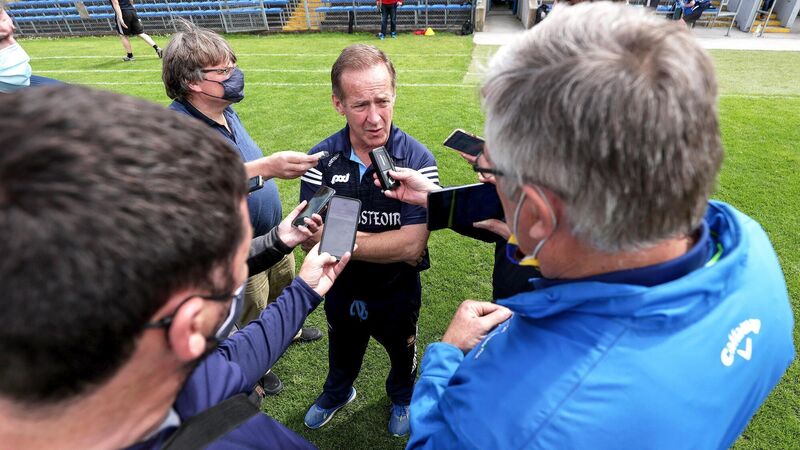Kieran Shannon: Gaelic football needs voices for change, or it faces another summer off-Broadway

Clare manager Colm Collins doesn’t mind playing Kerry and Limerick and Tipperary yet again in the spring in a springtime provincial round-robin championship, but he’d like his players and the public to experience playing someone else in their opening championship games. Picture: INPHO/Laszlo Geczo










